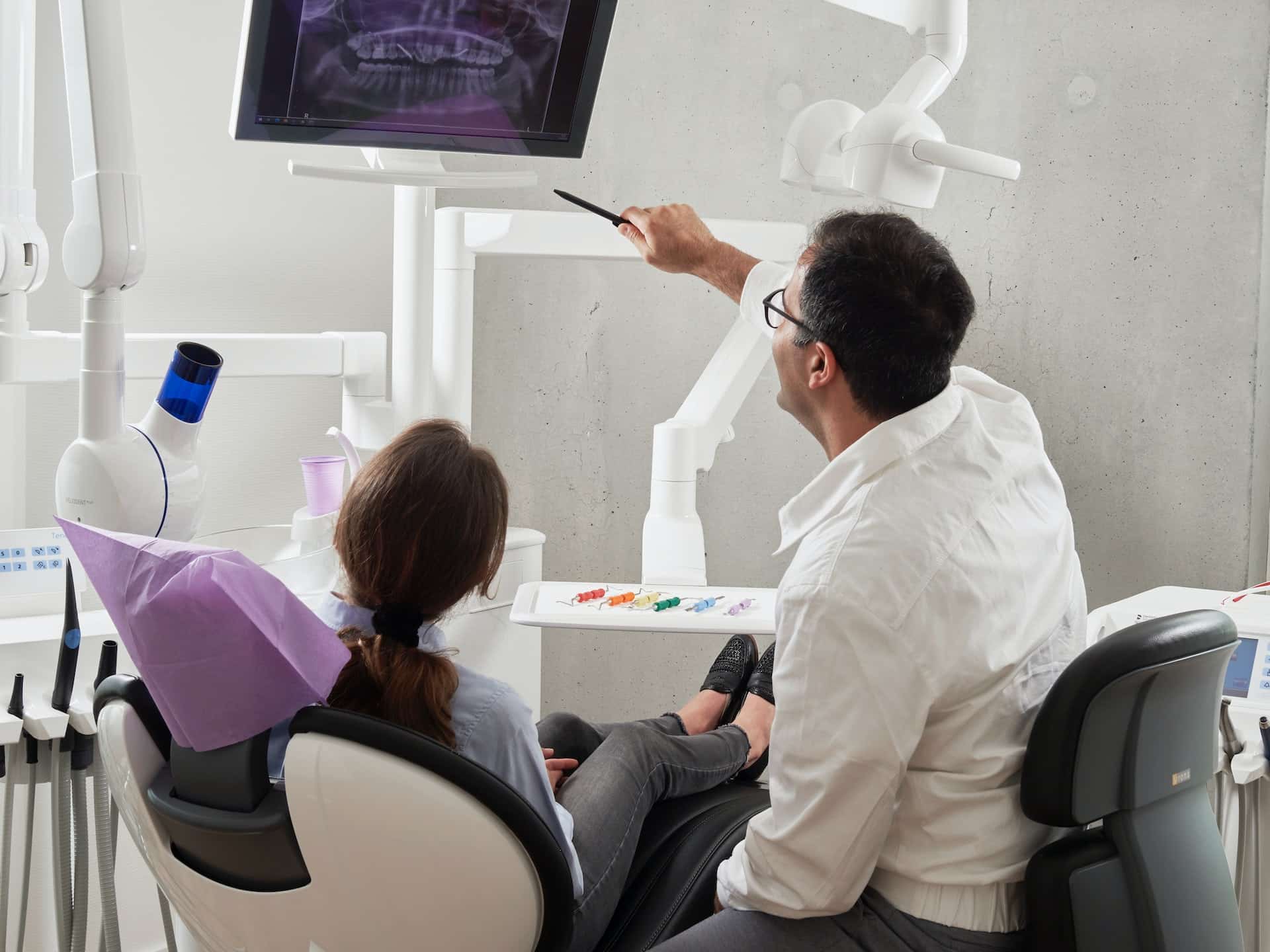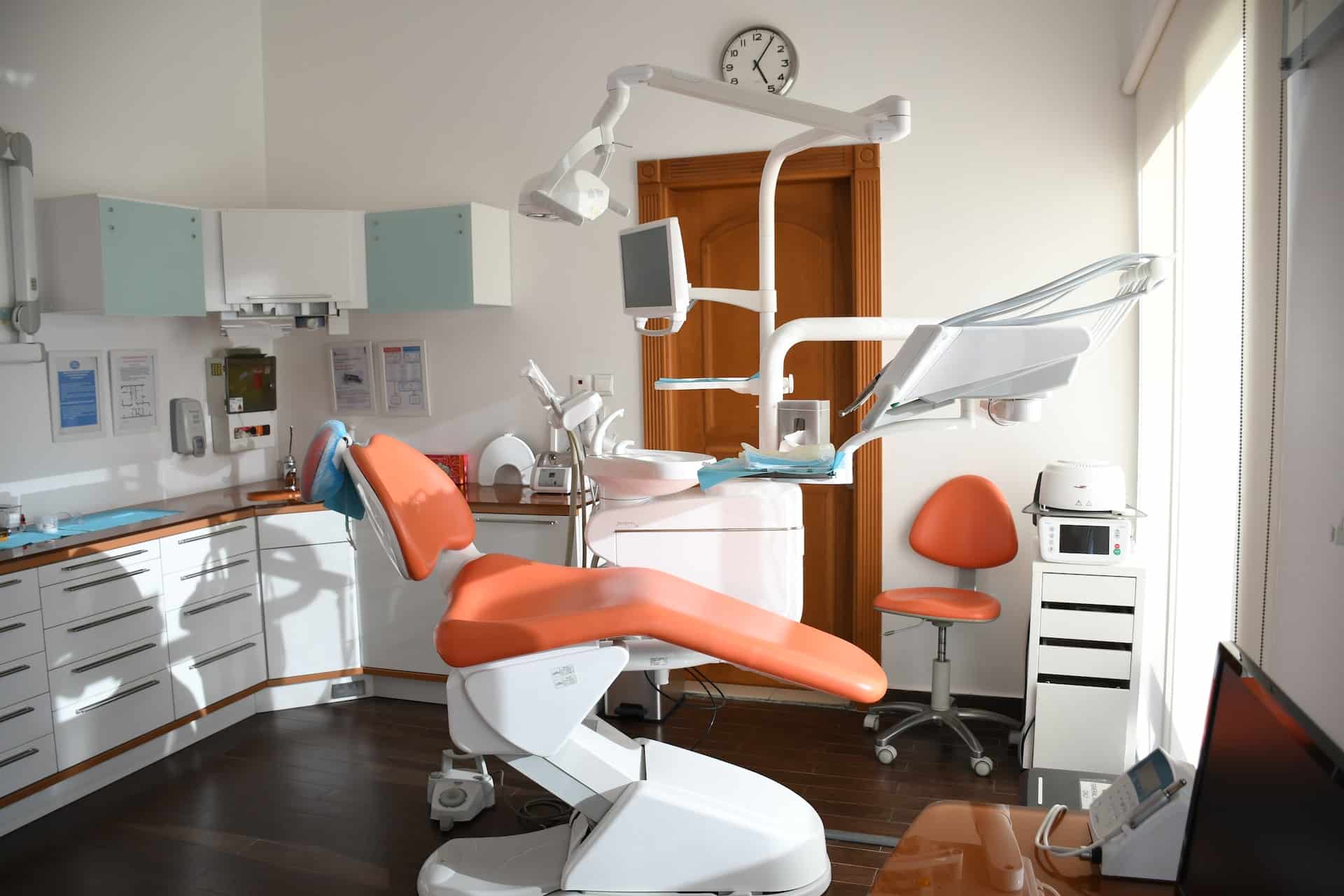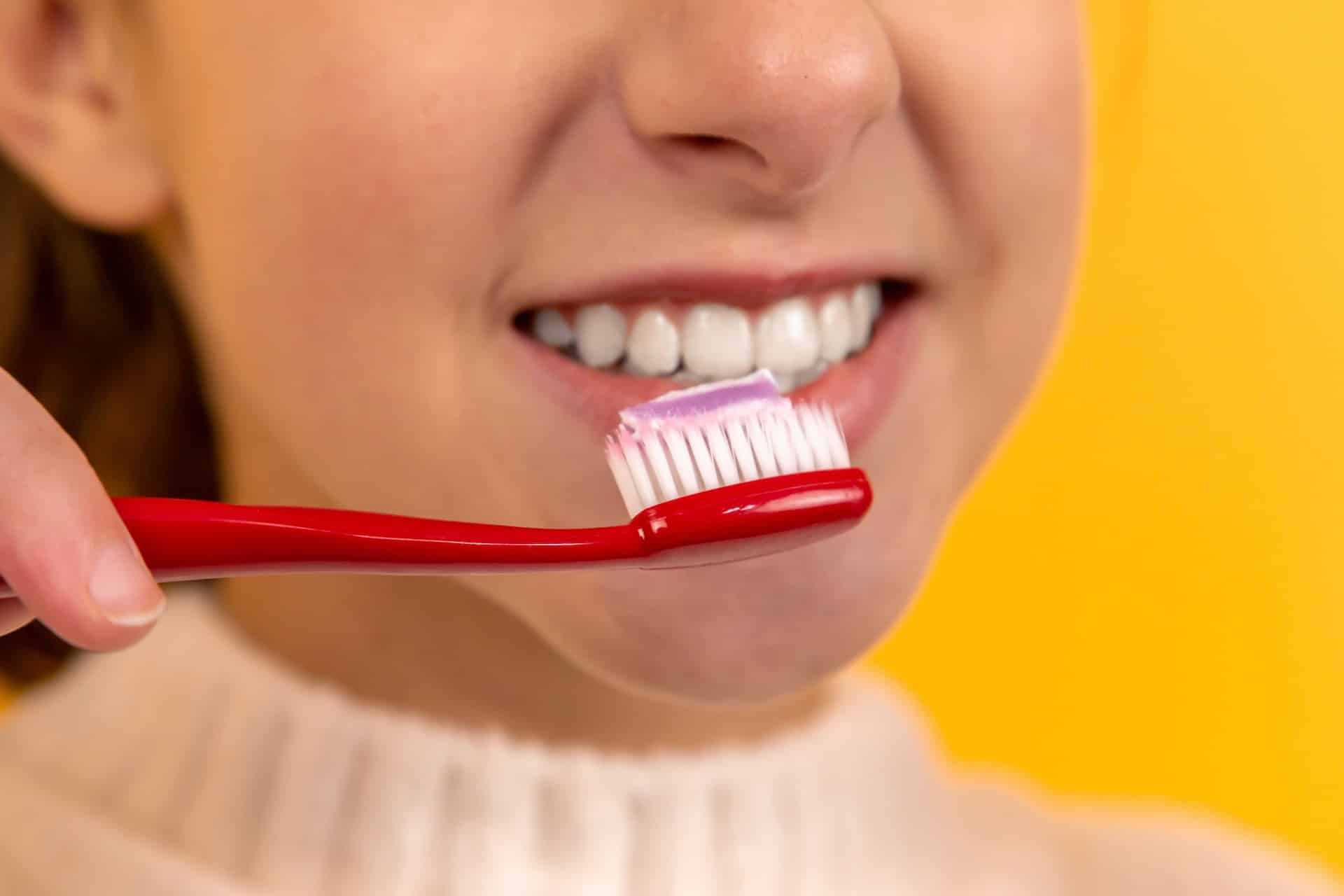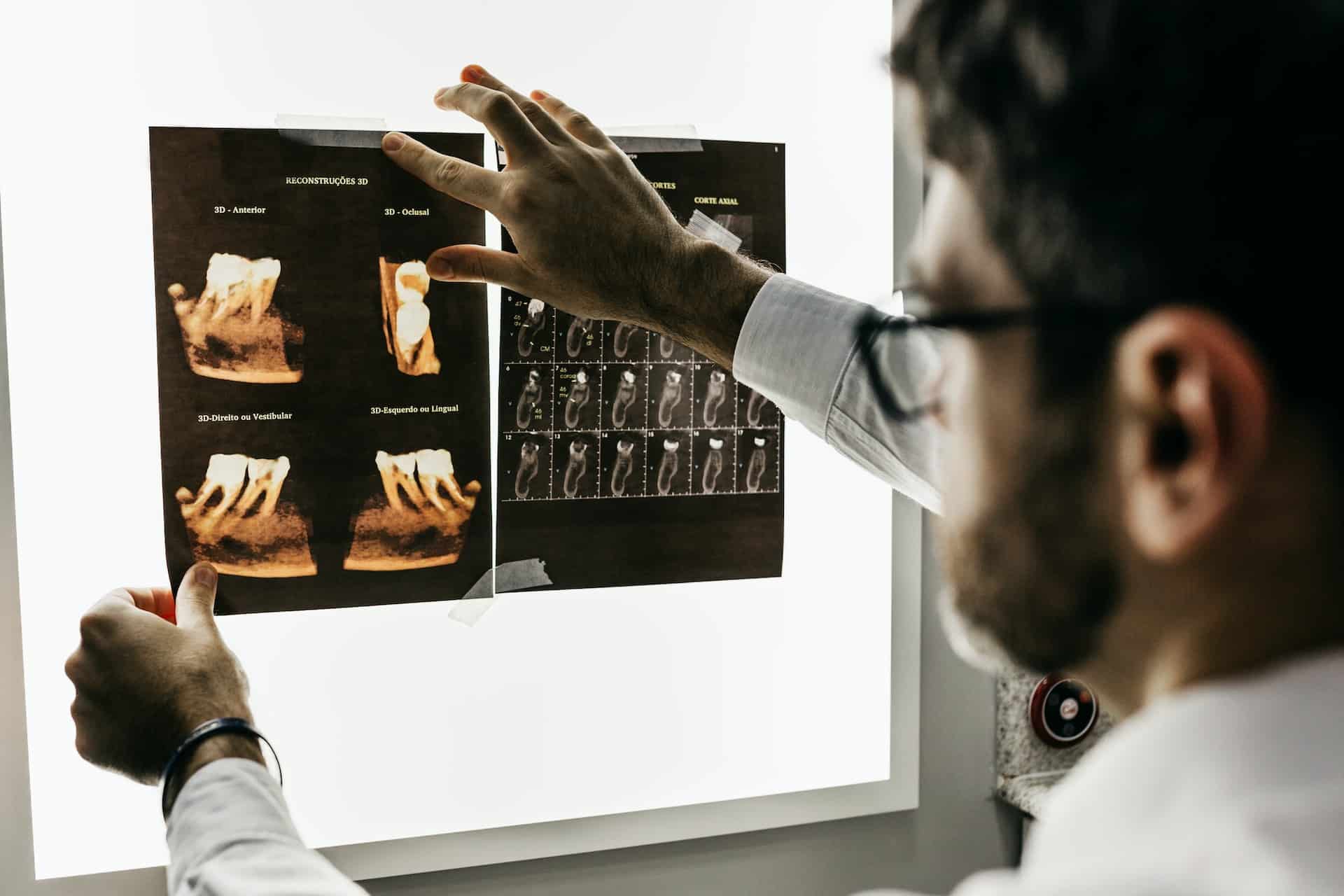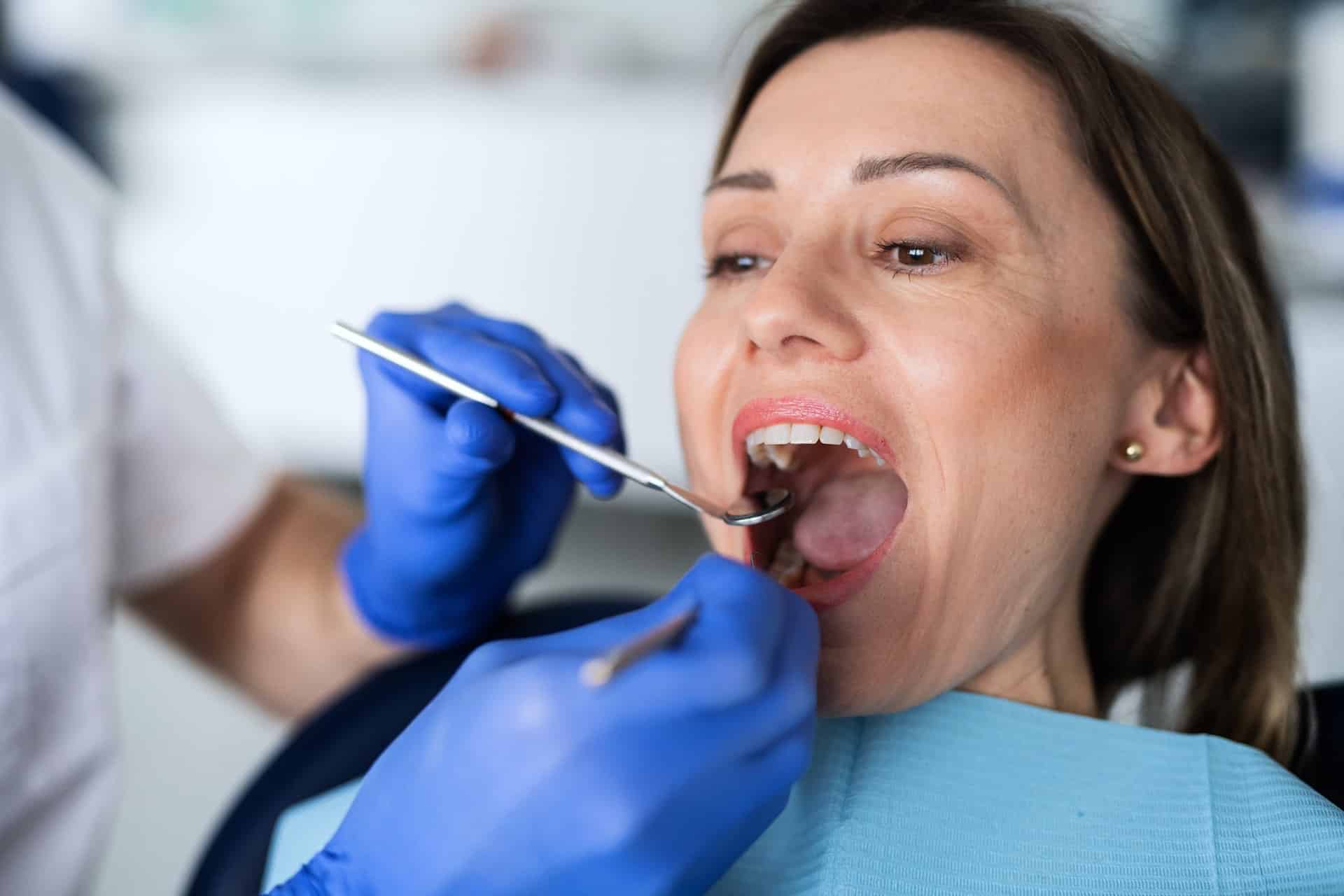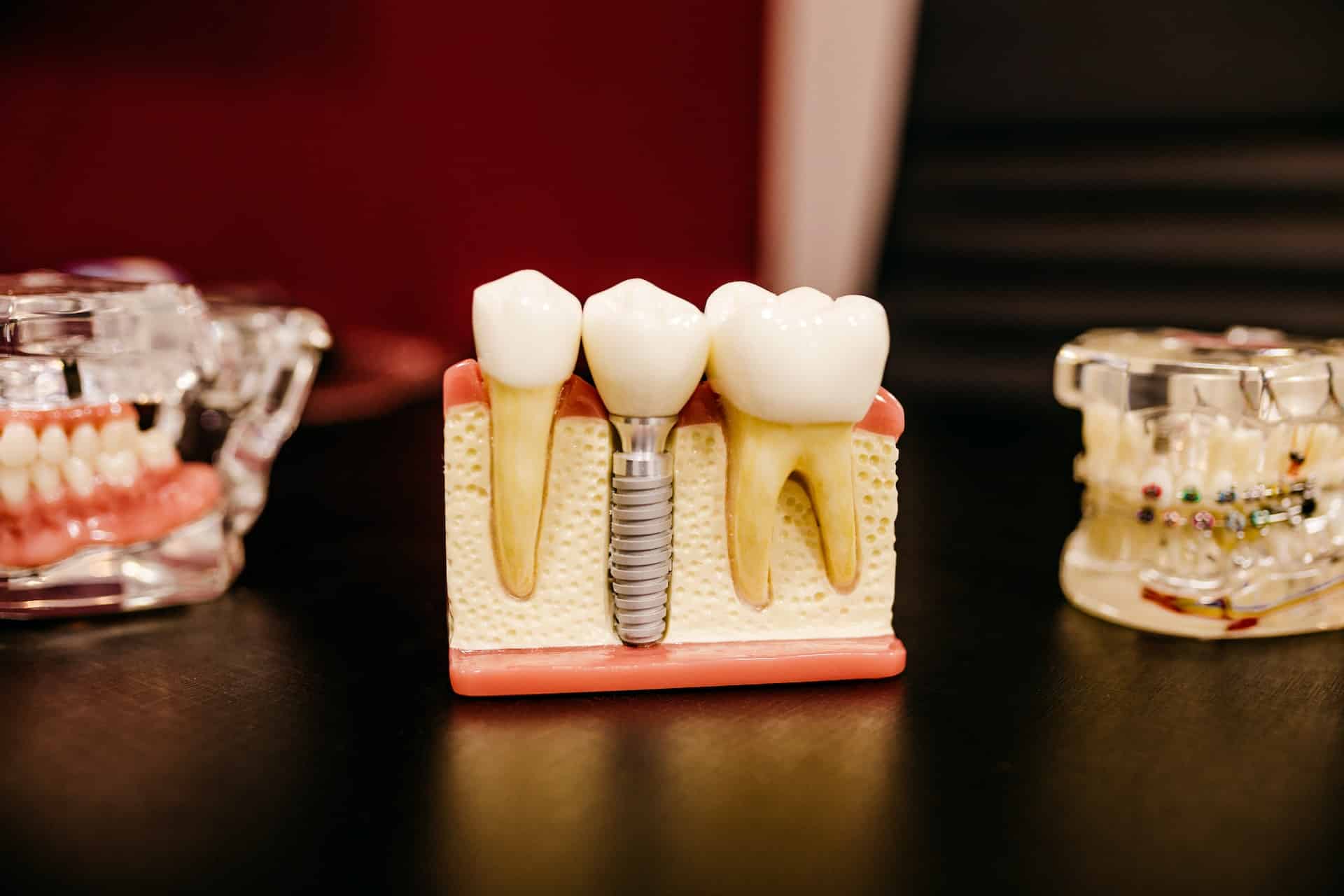Dental implants are a great way to improve oral health and overall quality of life. Feeling anxious about undergoing any surgical procedure is normal, so if you have questions about dental implants, this article is for you. We hope this information helps you make an informed decision about whether or not to get dental implants.
What Is a Dental Implant?
Dental implants are a way to replace missing teeth by using a titanium screw that acts as a fake root. It is inserted into the jawbone and can be used to attach a prosthetic tooth that looks, acts, and functions like a real tooth. People with metal allergies may experience reactions to the metals used in the implant, such as aluminum and vanadium. Depending on the type of implant, you may get a temporary crown the same day or a permanent one after three to five months.
How Long Is the Process of Getting a Dental Implant?
The entire implantation process can be accomplished in a single appointment at the dentist’s office. To make the process as comfortable as possible, you can opt for intravenous sedation, meaning you will be in a dream-like state while the implant and temporary teeth are placed. After a few months, the temporary teeth will be replaced with a permanent set. Within 24 hours, you will be able to resume your normal life without any difficulty.
How Long Do Dental Implants Last?
Implants do not have an end date and can last a long time. Thanks to modern technology and materials, it is possible to get impressive results in terms of looks, practicality and longevity. To keep your implants in good condition for as long as possible, it is important to practice good dental hygiene and have regular check-ups with your dentist.
What Maintenance Care Do Dental Implants Require?
To take care of implants, brushing and flossing your teeth regularly is important, just like you would with natural teeth. Additionally, it is important to avoid smoking and drinking alcohol, as these can impact the implant’s success. Regular check-ups and cleanings can also help ensure the implants last as long as possible. Following these steps will help you to keep your implants in good condition and enjoy them for many years.
Who Can Get a Dental Implant?
Implants can be used by anyone, regardless of age or medical condition. People who have finished growing, around 16 to 18 for girls and 17 to 19 for boys, are eligible for implants, but even those much older can still benefit from this procedure. People with pre-existing medical conditions, such as diabetes, hypertension or heart disease, should ensure their condition is controlled before implants are placed. Dental implants can help improve the quality of life for people of all ages.
Conclusion
Dental implants are a viable solution for those seeking a long-term solution to tooth loss. They are a safe and reliable option and can replace a single tooth or multiple teeth. A dental implant is usually straightforward and can be completed in a few visits. Selecting a qualified, experienced dental professional is important to ensure the best outcome. Additionally, good oral hygiene and regular visits to the dentist are essential for the longevity of the implant. A dental implant can last for many years with proper care and maintenance.
At Pickering Dental Services, our dentists know how to provide the best preventative dental care so you and your family can enjoy a lifetime of healthy smiles. From young children to seniors, we offer dental procedures for all ages. Using the latest innovations in the dental field, we provide the best dental services while assuring your comfort. If you’re considering dental implants in Pickering, look no further! Schedule an appointment today!

